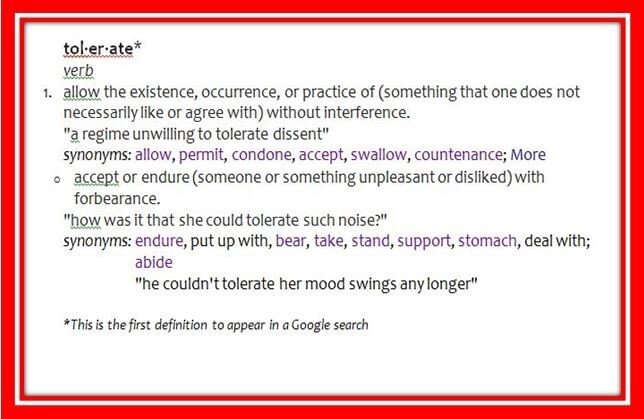How Would Your Stories Shift, And What Does That Mean for Your Internal Messages?
Jason Greer can be a chameleon when necessary. When Jason Greer and his co-author Phil Dixon began the journey of writing their book, Bias, Racism, and the Brain, Jason didn't consider how writing the stories of racism in his life would impact his internal messages, and how they would affect the simmering of those experiences under the surface of his life.
At one point after sending a story to his co-author, Phil sent it back, saying that Jason had to go into more detail, to dig deeper if their intention to guide readers to empathy and compassion was going to be successful.
What Jason didn't realize was that though he had these vivid memories, he had largely buried the emotional connection to them. And when he began to write, truly write them down, that simmering often came to a boil, not just of anger and injustice, but of frustration and concern that he had not yet addressed these experiences in a way that would allow him to be truly comfortable in his skin. His brown, beautiful skin.
Jason told me that he often had to be a chameleon in his life, adjusting how he speaks, dresses, and carries himself depending on his audience. In his book, he mentions "the clutch", his reference to when white women clutch their purses to them when he walks nearby.
He finds himself shrinking his posture and speaking more softly to make people around him more comfortable.
Jason with his parents, Elaine & Dr. Jerome Greer
We talked about how that impacts his inner voice and sense of identity, that requirement to be different somehow, just to make himself less ... well... himself, less of a perceived threat, no matter whether he's wearing a fine tailored suit or workout clothes.As I read this book, I felt anger, frustration, grief, a sense of helplessness. Mostly I felt anger that these things happened to anyone, and that so many people continue to experience these acts of subtle and overt racism and bigotry.
A couple of things that really stuck with me were that I felt I could relate to some of the stories, even as a white woman, because every one of us has experienced bigotry at some point. Against our gender, where we grew up, our education or lack of, our accent... the list goes on.
But the other thing that stuck with me is more relevant: How little we notice and acknowledge this common experience of bigotry in our lives in order to stop ourselves from doing it to others.
Lucky for us readers, Phil Dixon explains a lot of why this occurs, what kind of bias that is, and offers some strategies to notice, reduce, and adjust those biases.
Jason & his wife, Tiffany
This was a conversation I will remember for years, I'm sure. And I sincerely hope listeners will read this book, absorb it, and get embarrassed and angry enough to step up to address our complicit behaviors when people around us experience bigotry and racism of any kind.
During this episode, I shared that when our boys were little, I gave Hanukkah presentations to the students in their elementary school every year. I knew that if I didn't do this, the majority of these students in Montana wouldn't be exposed to Judaism by a Jewish person. I bought dreidels (spinning top game for Hanukkah) in bulk and gave away hundreds of them over the years. A local bakery would make miniature jelly doughnuts (an Israeli Hanukkah treat) by the multiple dozens for me and I'd distribute both to hundreds of students each year.
During my presentation I would explain that tolerance is only the beginning. Tolerance is putting on blinders and saying: "I don't care what you do as long as it doesn't affect me." (It's kind of like telling people you're color blind.)
We must go far beyond tolerance to acknowledging and valuing the differences among us. Not to just accept those differences, but to embrace them as beautiful contributions to our communities.
Start here. (Link to Jason & Phil's book.)
---
Jason Greer (also known as the "Employee Whisperer") provides expertise and solutions for companies on how to empower and retain employees and managers while also helping these systems to remain union free.
Jason previously served as a Federal Agent with the National Labor Relations Board where he managed private sector labor relations’ issues and worked to improve the labor petition filing process.
Jason has been recognized as an Employee/Labor Relations and Diversity expert by Forbes, The Wall Street Journal, The Los Angeles Times, ABC, CBS and Fox News. Jason was named one of the Top Entrepreneurs To Watch in 2020 by Thrive Global. He is also the author of the Amazon #1 Best Selling Book “People Matter Most”.
Connect with Jason on LinkedIn, and visit his website to learn more.
---
About Sarah:
In my work with coaching clients, I guide people to improve their communication using storytelling as the foundation of our work together. What I’ve realized over years of coaching and podcasting is that the majority of people don’t realize the impact of the stories they share - on their internal messages, and on the people they’re sharing them with.
My work with leaders and people who aspire to be leaders follows a similar path to the interviews on my podcast, uncovering pivotal moments in their lives and learning how to share them to connect more authentically with others, to make their presentations and speaking more engaging, to reveal patterns that have kept them stuck or moved them forward, and to improve their relationships at work and at home.
The audiobook, Your Stories Don’t Define You, How You Tell Them Will is now available!
Included with your purchase are two bonus tracks, songs recorded by Sarah's band, Spare Change, in her living room in Montana.







